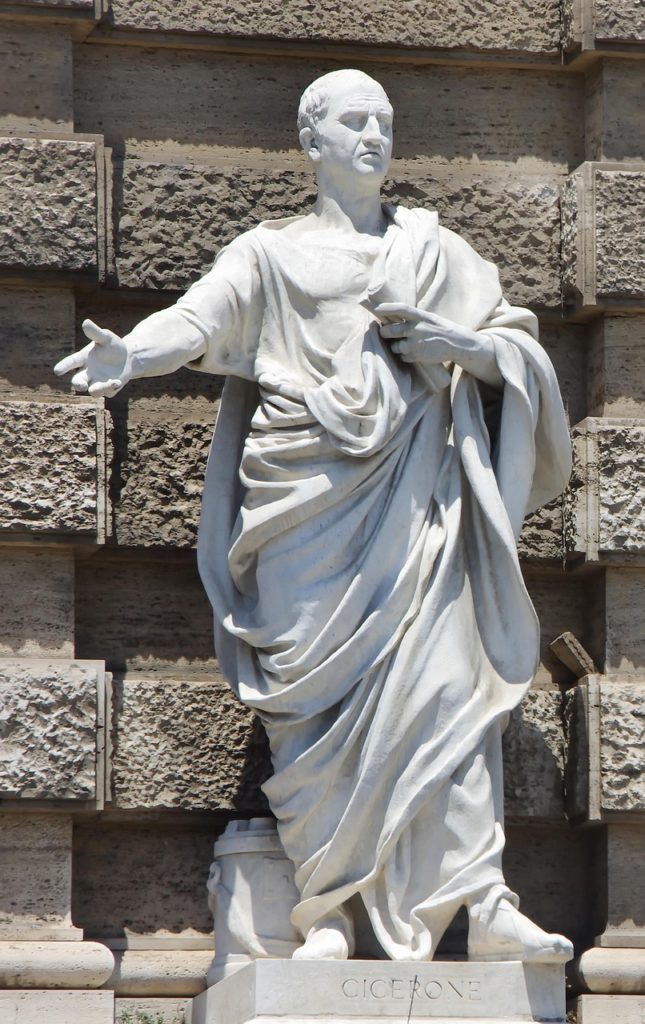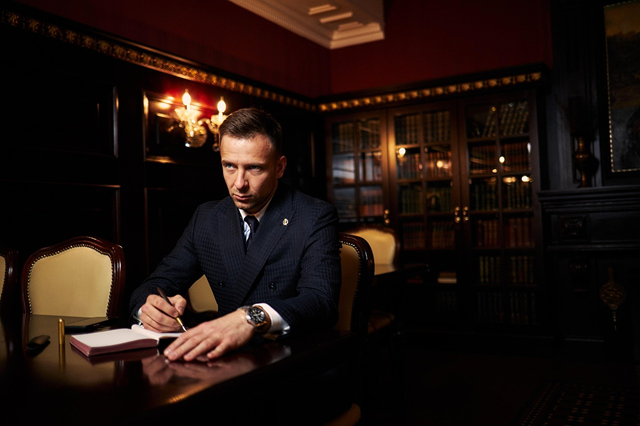Using the Daubert Test to Determine an Expert Witness’s Credibility
Though calling upon an expert witness isn’t a guaranteed slam dunk, it can make a huge difference in the outcome of the verdict, especially when you have a qualified one on your side. Before asking an expert witness to provide testimony, be sure to do your research. The standards for expert witness qualifications vary greatly, and more often than not, the determining factor is the judge’s opinion of the witness.
Judges take into consideration a witness’ experience, education, and prior testimony. Whatever the judge thinks is “qualified enough” certainly varies from person to person. So how do you determine if the person you’re considering using as a witness is qualified enough for the job? Be sure the judge applies the Daubert test when examining your expert witness.

With the Daubert standard or test, the judge needs to determine how likely it is that the expert’s methods are reliable and that they relate to the case. To do this, the judge must determine of the expert’s findings are based on proper “scientific methodology.” Fortunately, with the Daubert test, there are many ways a judge can determine what makes up a sound methodology.
When using the Daubert test, the judge will look at whether or not the witness’s conclusions are based on a theory that uses empirical testing. This means that the witness must have used direct and indirect observation during their experience or study. It is important to note that empirical evidence can be analyzed either quantitatively or qualitatively. If the expert witness in question has very abstract findings, he or she may be a tough sell to the judge.
The judge will also attempt to determine if the witness’s theory is refutable or falsifiable in any way. This part of the test is based on the scientific method itself. If the expert’s testimony is not based on testable findings and methods, then their testimony won’t make it to trial.
The third step is for the judge to determine if the witness’s theory has been subjected to peer evaluation and review. In most cases, the judge will be looking for the theory in a published academic journal that’s peer-reviewed. The judge will also need to consider the method or theory’s potential error rate, as well as the existence and maintenance of certain standards and controls. In other words, if it is unclear whether or not your expert witness maintained the standards of their field during their studies, the judge may deem them as being unfit for court.
In addition to the other checks and balances a judge must apply when using the Daubert test, the judge will also take a look at how widely accepted the theory or method is in the most appropriate scientific community. After all, if your witness’s peers can’t accept the witness’s work, then how can we?
Finally, the judge will use the Daubert method to determine the error rate of your witness’s work. If your expert witness conducted years of study that will assist your case, be sure garnered them accurate results and not ones riddled with errors. The judge will be quick to throw out a witness whose body of work has a high error rate.
Image by ADArt00090 from Pixabay
This site produced by Lawchek.net™.





0 Comments